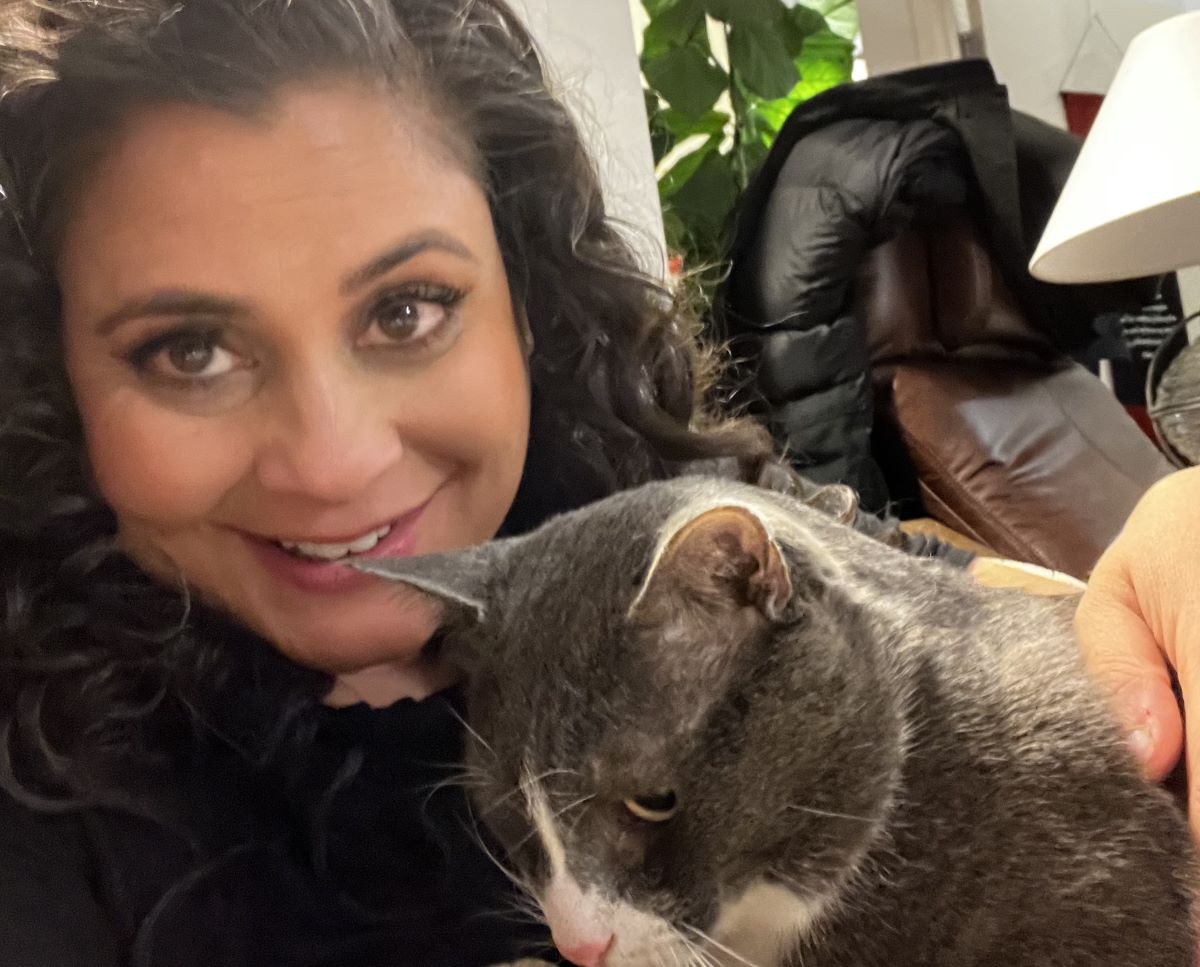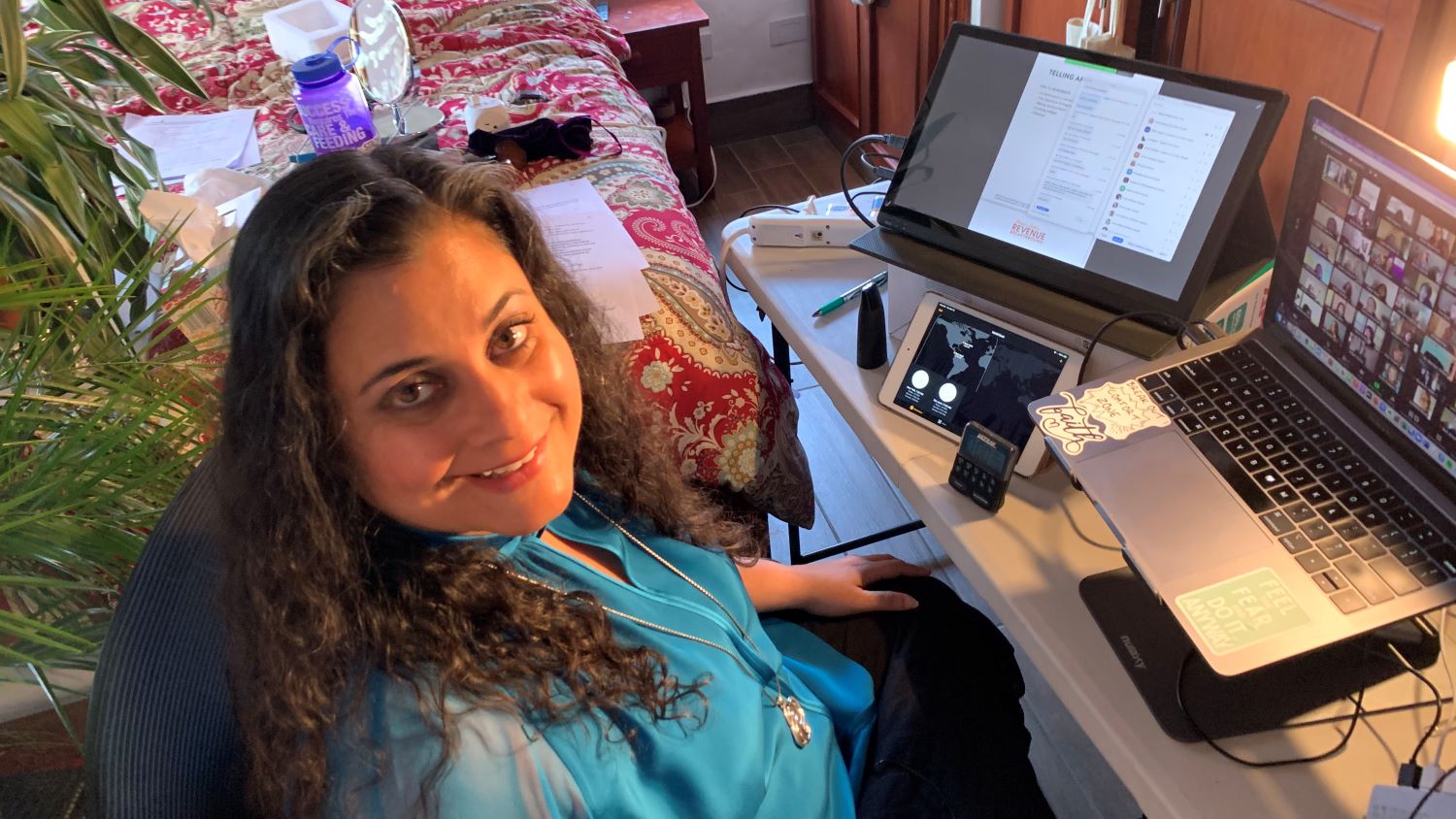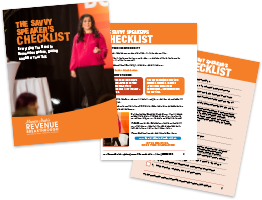Part 4: Women and Money: The Myth of the Superwoman and Money
I’ve so been enjoying writing this series on Women Entrepreneurs and Money — just in case you missed parts 1-3 — you can check them out here:
Part 1: The Mess We’re In With Money: Why We Struggle To Keep The Money We Make
Part 2: Women and Money: The Prince Syndrome
Part 3: Women and Money: The Woman’s Role
If you are loving these articles, come join me at my Master Your Money Event— there’s nothing that can replace our deep dive into money at this event.
I have an amazing client. Let’s use the name Karen. She’s been in business for more than 25 years now and is quite successful. She has a team of 8 people and a lovely office where she does financial work for businesses.
She was making about $500,000 in her business when she came to me as a client, and her major problem was that she had hit a revenue ceiling in her business and couldn’t seem to get beyond it.
Her main issue was that she struggled with a team that was unorganized and didn’t fully support her. Often, she didn’t delegate the piles of work that were on her desk. And that meant that she wasn’t on-boarding new clients — because somewhere deep inside she knew she didn’t have the time management to service those new clients.
We dug deep about where her beliefs stemmed from — and one of her comments was, “My mom never asked for help. She handled everything on her own and still does. So on some deep level, I feel ashamed when I have to ask for help.”
That’s the case for so many of us as women; we feel shame if we need to ask for help.
Our role models: our mothers, grandmothers, aunts and caretakers didn’t ask for help. In fact, in many cases they never created any boundaries at all. They took care of everyone but themselves. They prided themselves on being the last one on their lists. Often to their own detriment — as many suffered from depression, addiction, anxiety and being deeply unfulfilled.
Whether we like to admit it or not, we subconsciously or consciously follow in their footsteps with silent voices in our heads that dictate things like:
“I can’t rest until all the work is done (which is never).”
“I can only take care of myself after everyone else is taken care of.”
“Asking for help makes me weak.”
“I can’t spend money on myself.”
“My mom never had to delegate, so why should I?”
I could keep going on and on — but my guess is that you’ve already resonated with a few of these voices and added a few from your own head. Perhaps you are also realizing that you could use some more delegation, time management, and boundary setting in your own life.
Here’s the first thing for you to realize — the role models we had in the past — our mothers, grandmothers and other female family members were living in a completely different time and space. One where asking for help may not have been accepted or even possible. So they developed the ability to do everything they could on their own.
But we aren’t living in times like that — today it is possible (even encouraged) to ask for help.
Here’s the second thing — as women entrepreneurs, we are a whole different breed.
I love using the Harry Potter analogy of wizards and muggles. We are the wizards and non-entrepreneurs are the muggles. And it’s quite impossible for the muggles to understand the wizards and vice versa.
As a wizard, aka entrepreneur, you are asked to do things everyday that are scary and hard. You are asked to make decisions. You face rejection and disappointment. All of this is downright tiring. It’s the equivalent of being in a major event every day. Therefore you REALLY need recovery and rest. And you need this recovery and rest way more than most muggles do. But most muggles don’t get that part.
So you might have your muggle partner put up resistance to you hiring a babysitter, getting an extra virtual assistant, or bringing on a professional business coach. That’s namely because they’re muggles — and there’s no way they can fathom the kind of deep work you do and the necessary recovery.
To put it all together — many of the role models in our world — including our moms and grandmothers as well as our current communities were, and are, muggles — aka not entrepreneurs.
So they didn’t have the same needs that we as entrepreneurs have. So we can’t use them as our examples.
Instead we have to use examples from fellow successful wizards — aka successful entrepreneurs. Every successful female entrepreneur on the planet asks for, and receives, help. So it’s time to change those voices in our heads:
“Powerful women ask for help and receive it.”
“Asking for help makes me better at what I do and who I am.”
“Taking care of me is essential if I am going to take care of others.”
“Boundaries aren’t a reward — they are a necessity.”
I know this line of thinking isn’t easy. And it’s also not always supported in families and communities. But being a successful woman entrepreneur means that we have to forge new boundaries, new models and new belief systems. So that we can change ourselves, our communities and the world, while paving the way for all the young women entrepreneurs of the future.








